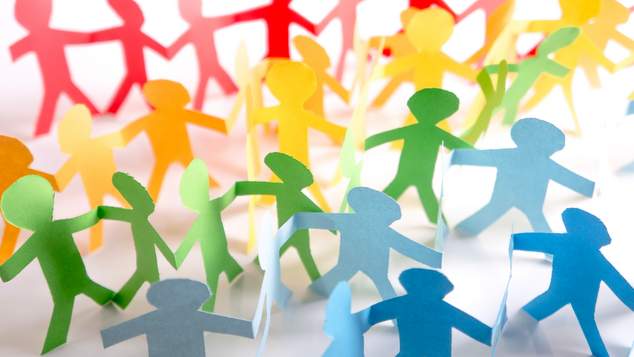
The Australian Press Council has today released a new Advisory Guideline for editors and journalists reporting on people of diverse sexuality, gender identity and sex characteristics.
The guideline was built from 12 months of research and community consultation by the Press Council with journalists, community and health organisations, mental health specialists and people with lived experience.
“From time to time the Press Council develops Advisory Guidelines in particular areas to inform the operation of the General Principles and as a resource for journalists and publications,” the council’s release reads.
“This Advisory Guideline for reporting on people with diverse sexual orientation, gender identity, and sex characteristics is intended to help publishers and journalists report on people with diverse sexual orientation, gender identity and sex characteristics and the issues which affect them, with appropriate consideration of a range of sometimes sensitive factors.”
“The Press Council also aims to promote the understanding that unfair or inaccurate reporting about these individuals can have serious adverse mental health outcomes for them.”
The non-binding guideline for Press Council members provides advice for reporters interviewing people of diverse sexuality and gender, publications and Press Council staff.
NSW’s leading organisation for community health, ACON, has welcomed the announcement from the Australian Press Council.
“ACON recognises the critical role of the media to inform, entertain and reflect on a broad range of issues in Australian society. Quality journalism is a foundational element to the effective function of our democracy.
We know from ACON’s own work with journalists, there is a need for a trusted source of advice on what constitutes good reporting, accurate use of language and an awareness of the issues for sexuality and gender diverse people and people with variations of sex characteristics,” ACON Deputy CEO Karen Price said.
“While not binding, we know that journalists and editors want to get it right, and the new Guideline provides a good reference point to support better quality reporting.”
Data from the National LGBTI Health Alliance states that lesbian, gay and bisexual adults are six times more likely to experience depression than the general population. For trans and gender diverse people, they are nearly 11 times more likely to attempt suicide than the general population, with 35% having attempted suicide in their lifetime. Repeated studies also point to widespread experiences of abuse and violence.
“Given our communities’ experience of verbal and physical abuse and concerning rates of mental health problems, reporting that is salacious, stigmatising or aims to create ‘click bait’ headlines can cause real damage. These pieces contribute to attitudes and environments in which our communities feel fearful, misunderstood and excluded,” Price added.
“Our communities have felt the impact of uninformed and divisive reporting. As has been the case with guidelines around the reporting of suicide and HIV, we know that journalists and publications can make a real difference in reducing harm and increasing community understanding and awareness.
“These are important issues for everyone, but even more so for vulnerable people who experience the damaging impact of reporting that falls below accepted standards. We believe with this Guideline, the Australian Press Council has made an historic and important contribution.
“ACON hopes that this Guideline will mean more accurate, fair and non-prejudicial reporting that helps to promote a sense of inclusion and safety for people of diverse sexualities and genders, and with variations of sex characteristics.
“We congratulate the Australian Press Council on this work and commend them for taking the initiative in support of their members.”
OIP Staff






